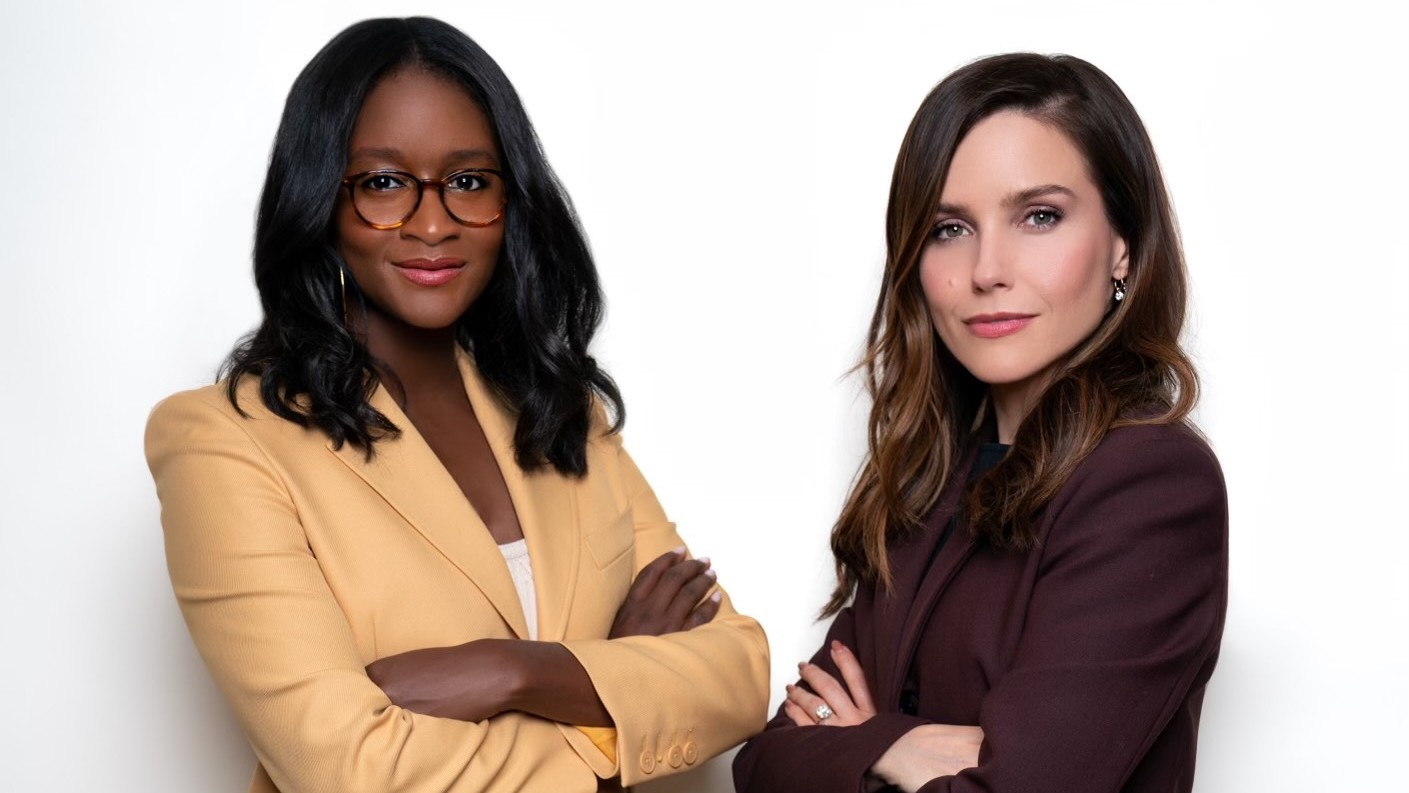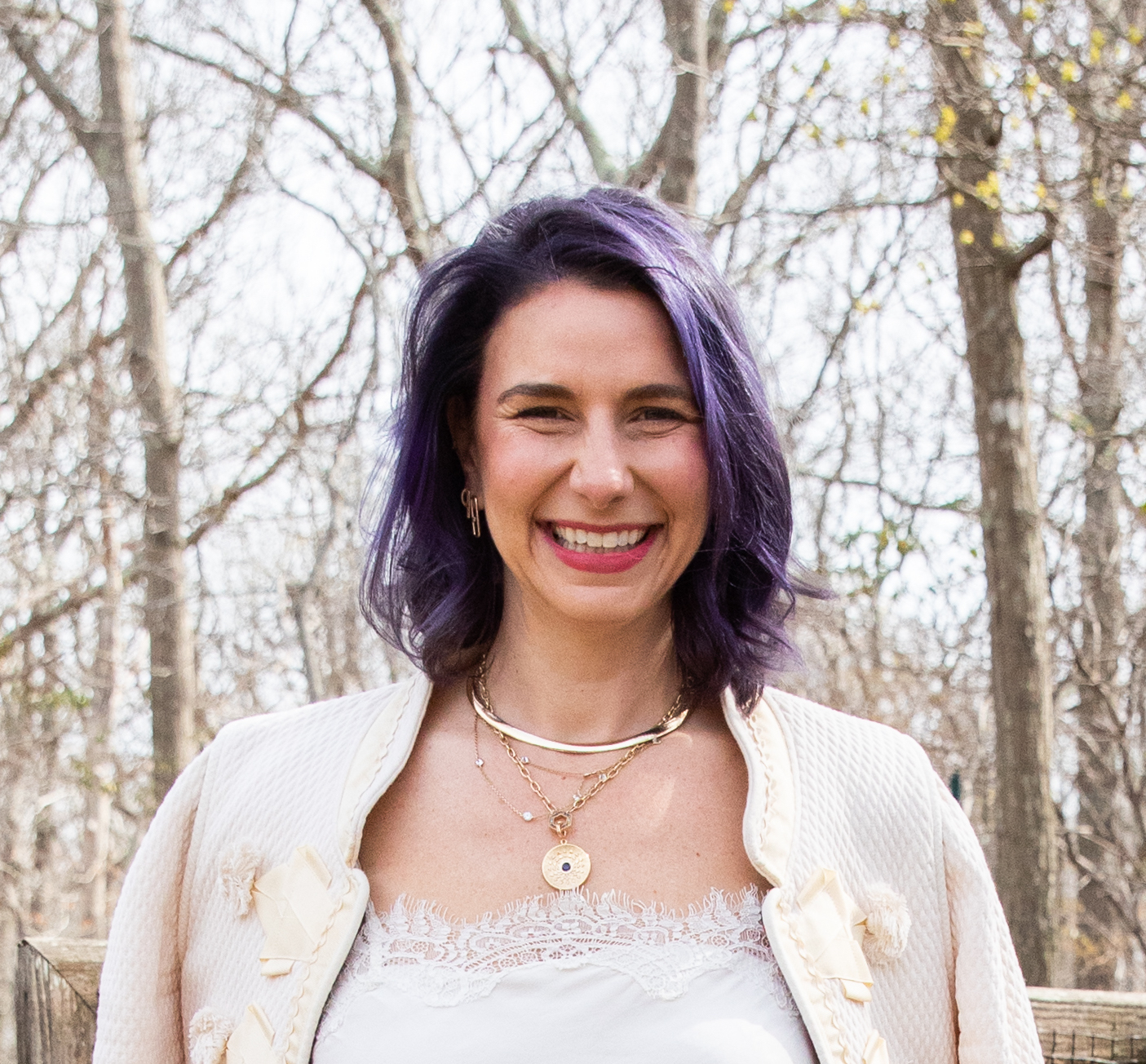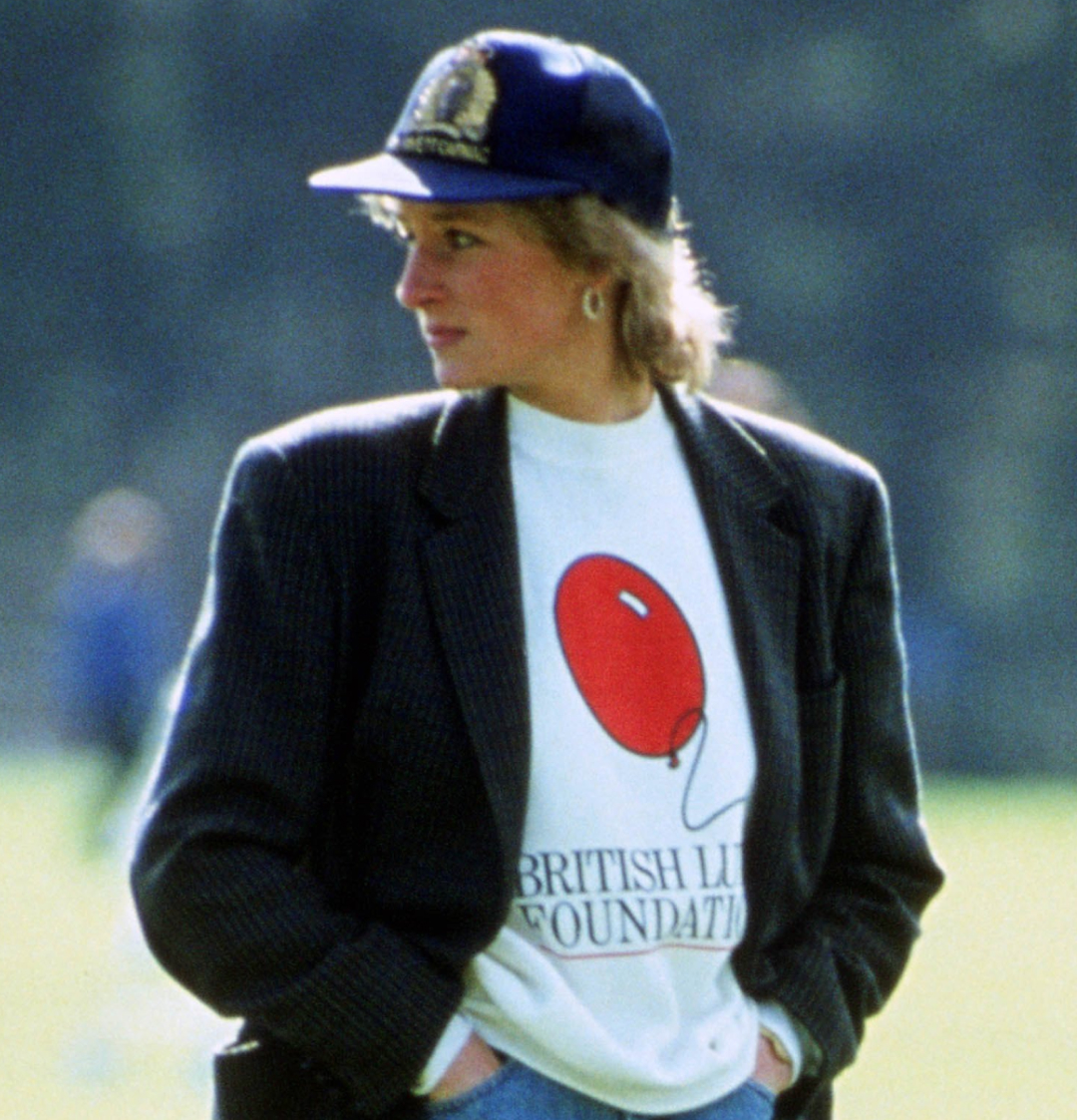'She Pivots' with Sophia Bush and Nia Batts, Small Business Owners Turned Advocates
In this week's episode of "She Pivots," host Emily Tisch Sussman sits with actress Sophia Bush and entertainment executive Nia Batts. The cofounders of Detroit Blows discuss how they turned the closure of their salon business into an opportunity to improve funding for other women entrepreneurs.


When I set out to create She Pivots, I was driven by the ups and downs I have faced in my life—both personally and professionally. I had my third child three weeks before the lockdown and, after leaving my career in politics, it harder to find those parts of myself that made me feel successful. But after talking with some incredible founders, I was able to identify what brought me inspiration and joy throughout these times: bold women taking on bold ventures.
Most people know Sophia Bush from her starring roles in “One Tree Hill,” “Chicago PD,” and, most recently, “Good Sam.” But many may not know that she is a small business investor and advocate. This role came about thanks to her longtime friendship with Nia Linder Batts, one of the youngest Black entertainment executives at Viacom.
For years they attended philanthropic events together, and it wasn't long until Bush and Batts noticed a problem: They couldn’t get their hair done together, or at least not without an extra charge for Batts.
“Here's an executive and a TV star who can't get their hair done together,” says Bush. “White girls and black girls can't go to the same salon? Beauty is racist.”
Their frustration led them to launch Detroit Blows, an inclusive finishing salon for women with all hair types. As first-time entrepreneurs looking to start a community-centered business in a revitalized city, Bush and Batts also launched an internal philanthropic, Detroit Grows, fund to support local women-owned businesses.

Actress Sophia Bush's latest role is small business advocate.
Detroit Grows awards grants to female organizations and women-owned businesses in the city of Detroit. “How could we continue to invest in the community and women in the community that we’re growing in?” asks Batts. "So we were really passionate about making sure that there was a philanthropic effort but also a reinvestment effort as well.”
Detroit Blows launched in the fall of 2017, just a block away from the famous Woodward Ave. But in 2020, the pandemic hit, followed by the rise in attention for Black Lives Matter, catalyzed by the deaths of George Floyd, Breonna Taylor, and Ahmaud Arbery. While many businesses in downtown Detroit were forced to shutter, the duo began to restrategize.
Stay In The Know
Get exclusive access to fashion and beauty trends, hot-off-the-press celebrity news, and more.
“There was something very heart-wrenching about having to make these decisions with the COVID pandemic juxtaposed to this racial reckoning that we were having as well because we knew how important the space was for people,” says Batts.
Detroit Blows employed many women of color, some of them single moms, so Bush and Batts pledged to help them financially through the pandemic.
“Failure can be a very challenging thing to talk about. But I think the way in which we sunset [Detroit] Blows is something that I'll always be very proud of,” Batts says. “We were intentional about making sure that the commitments that we made to the people who worked with us, who believed in us, we honored that until the very end.”
In the wake of the closure of Detroit Blows, Bush and Batts knew they wanted to continue investing in women-owned businesses. They continued to ask themselves, “How do we change finance?”
In 2021, women still earn only 84 percent of what men earn and received only 2 percent of all venture capital dollars—the lowest percentage since 2016. And the statistics are worse for women of color, with Latinx women raising just 0.3 percent and black women raising just .0006 percent.
Creating equal access to capital is no easy feat. Last year, Bush and Batts were announced as senior advisors to the First Women’s Bank, the first-ever women-founded, women-owned, and women-led commercial bank in the country. Together Bush and Batts turned the closure of their business into an opportunity to increase investments in women-run businesses. “If you invest in women, they spend 90 percent of their money on your family and community. Investing in women uplifts entire economies,” says Bush.
I sit down with women weekly on She Pivots to learn about how their personal journeys led to their pivot. Listen to the full conversation on She Pivots, below or wherever you get your podcasts. Subscribe, leave us a rating, and follow us at @ShePivotsThePodcast.

Emily Tisch Sussman is the Founder and Host of “She Pivots,” the podcast in partnership with Marie Claire about women, their stories, and how their pivot became their success. She is a contributing editor to Maire Claire and the guest host of the Marie Claire Instagram Live series “Getting Down to Business.”
-
 The Chanel 25 Has More Range Than Any Other It-Bag
The Chanel 25 Has More Range Than Any Other It-BagNo other style has such a broad—and famous—fan base.
By Halie LeSavage
-
 Let's Go, PPG, Fans! A New Peacock Series Starring the 'Love Island USA' Season 6 Cast Is Coming Soon
Let's Go, PPG, Fans! A New Peacock Series Starring the 'Love Island USA' Season 6 Cast Is Coming SoonWe're already clearing our summer schedules for 'Love Island: Beyond the Villa.'
By Quinci LeGardye
-
 Why Princess Diana Didn't Move to America
Why Princess Diana Didn't Move to AmericaThe late royal's friend opened up about the princess's American dream.
By Kristin Contino